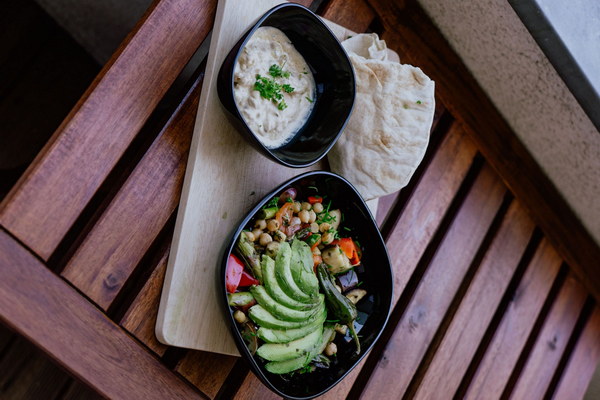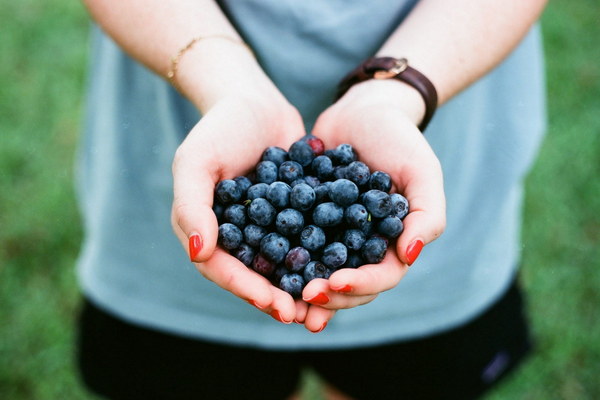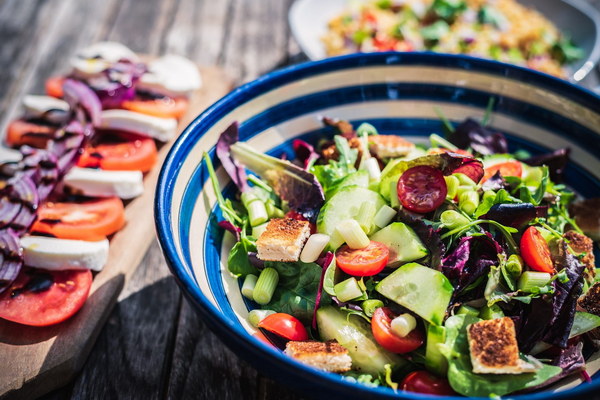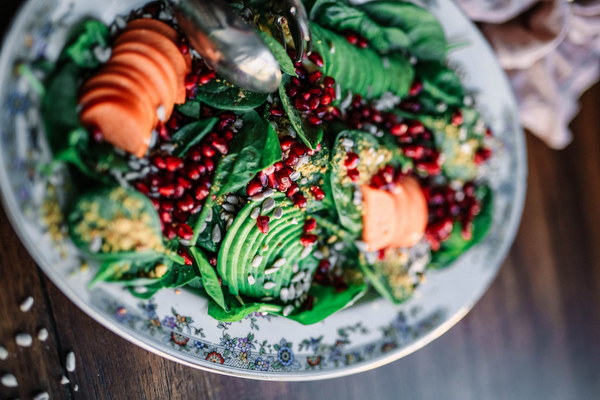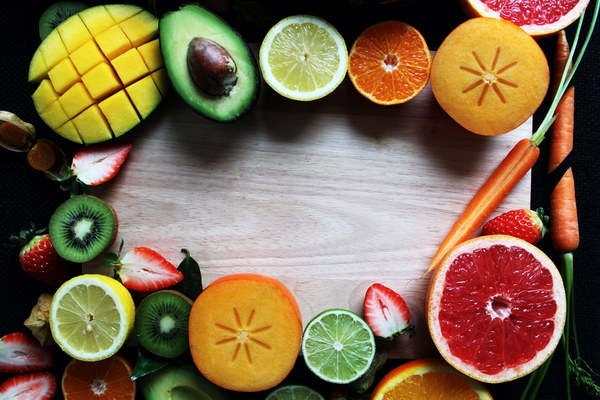Nutritional Tips for Nourishing the Stomach During ChemotherapyInduced Low White Blood Cell Counts
Introduction:
Chemotherapy is a vital treatment for cancer, but it often comes with a range of side effects, including a decrease in white blood cell counts, which can weaken the immune system. One of the most common side effects is gastrointestinal discomfort, which can be exacerbated by low white blood cell counts. To help combat this, it's important to focus on foods that are gentle on the stomach while also providing essential nutrients. Here are some nutritional tips for nourishing the stomach during chemotherapy-induced low white blood cell counts.
1. Gentle on the Stomach: Opt for Easy-to-Digest Foods
During chemotherapy, the stomach may become sensitive and irritable. To minimize discomfort, it's best to choose foods that are easy to digest. Examples include:
- Scrambled eggs
- Cooked cereals (like oatmeal)
- Mashed potatoes
- Pureed soups
- Cooked vegetables, like carrots or squash
These foods are less likely to cause gastrointestinal upset and can help maintain a regular eating pattern.
2. Hydration is Key
Staying hydrated is crucial, especially when dealing with low white blood cell counts. Water, clear broths, and herbal teas are good choices. However, if the stomach is sensitive, cold or room-temperature liquids may be more comfortable than hot beverages.
3. Nutrient-Rich Foods to Boost Immunity
While it's important to focus on gentle foods, it's also vital to ensure that the body receives the necessary nutrients to support immune function. Consider incorporating the following into your diet:
- Lean proteins: Chicken, turkey, fish, and tofu are excellent sources of protein that are easier on the stomach than red meat.
- Healthy fats: Avocado, nuts, and seeds provide healthy fats that can help maintain energy levels and support overall health.
- Complex carbohydrates: Brown rice, quinoa, and whole-grain breads provide sustained energy without being too harsh on the stomach.
- Fruits and vegetables: These are packed with vitamins, minerals, and antioxidants. Soft cooked fruits, like pears or applesauce, and lightly steamed vegetables are easier to digest.
4. Gentle Cooking Methods
Cooking methods that are less harsh on the stomach include steaming, boiling, or baking. Avoid fried, spicy, or highly seasoned foods that can irritate the gastrointestinal tract.
5. Small, Frequent Meals
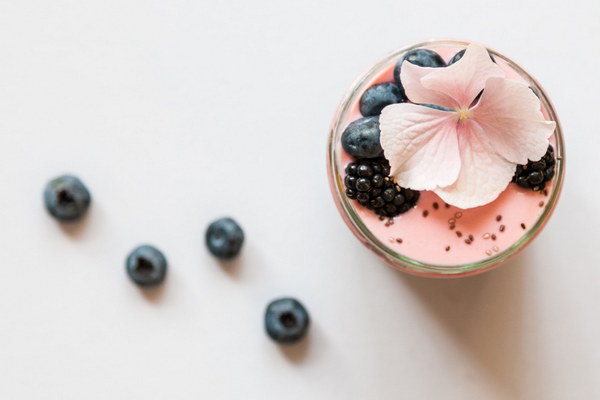
Eating small, frequent meals can help manage nausea and keep energy levels stable. This approach also allows for more opportunities to consume a variety of nutrients without overwhelming the stomach.
6. Probiotics for Gut Health
Probiotics are beneficial bacteria that can help maintain a healthy gut. Foods rich in probiotics include yogurt, kefir, and fermented foods like sauerkraut and kimchi. It's important to choose probiotic-rich foods that are well-tolerated and not overly spicy.
7. Be Mindful of Food Sensitivities
Some individuals may experience food sensitivities or allergies during chemotherapy. Pay attention to how your body reacts to certain foods and adjust your diet accordingly. If you're unsure about certain foods, consult with a healthcare professional or a registered dietitian.
Conclusion:
Nourishing the stomach during chemotherapy, especially when white blood cell counts are low, is essential for overall health and well-being. By focusing on easy-to-digest, nutrient-rich foods, staying hydrated, and being mindful of personal food sensitivities, individuals can support their immune system and manage gastrointestinal discomfort. Remember to consult with healthcare professionals for personalized dietary advice during cancer treatment.
